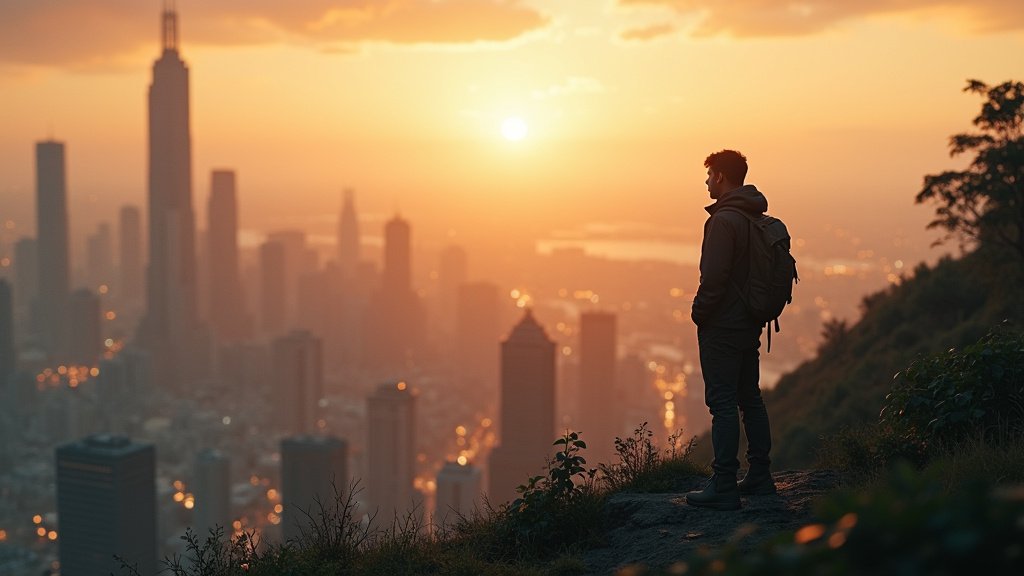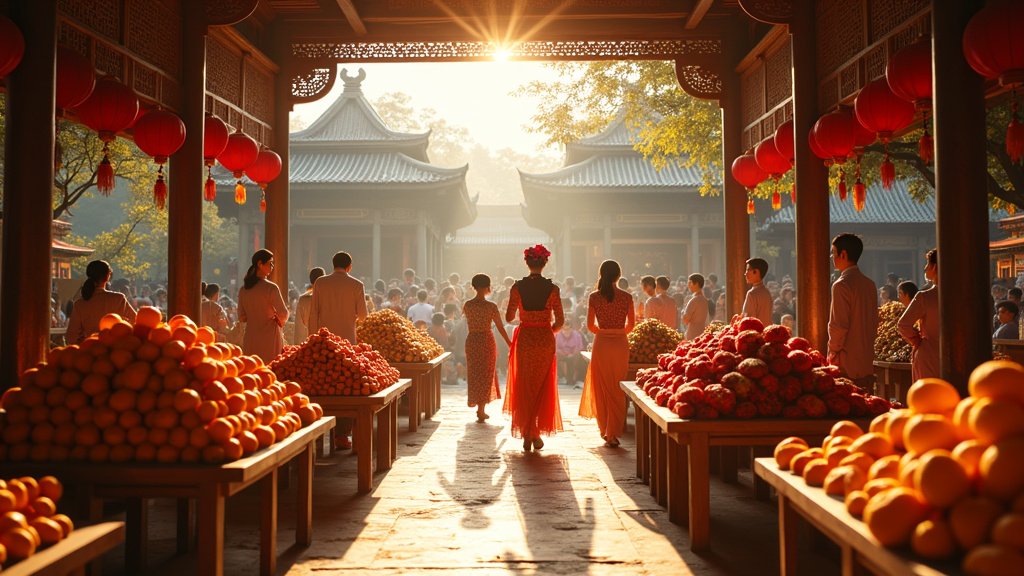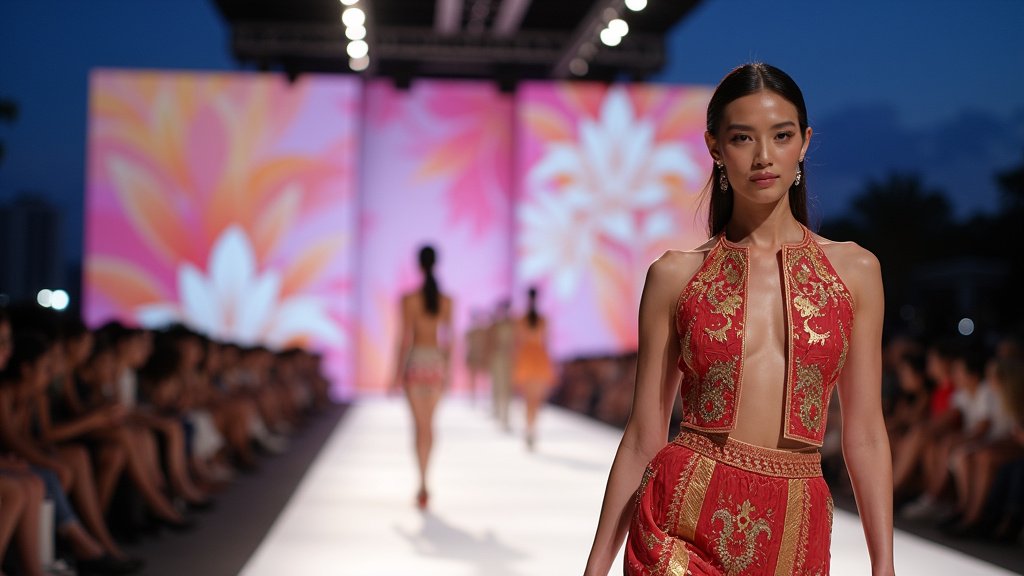Karachi, Pakistan – Amidst a vibrant celebration of global creativity at the World Culture Festival 2025 in Karachi, a strong undercurrent of concern has surfaced among artists regarding the burgeoning role of AI in Art. During an illuminating open-mic session titled ‘Creative Freedom in Art,’ international artists voiced a unified sentiment: art, at its core, does not need AI and may even be threatened by its increasing integration, a key aspect of the ongoing AI in art debate.
The 15th day of the 39-day festival, which has brought together over 800 artists from 102 countries to Karachi, became a focal point for this critical discussion about AI in Art. Moderated by renowned Pakistani musician Ahsan Bari, the session featured a diverse array of creative professionals from Argentina, Kenya, Croatia, Malaysia, and beyond, all sharing their perspectives on how AI is reshaping their industries and the very essence of artistic expression, touching on digital art concerns.
Voices of Concern Echo Across Continents
Argentine musician Diana Baroni articulated a common worry: the escalating reliance on machines. “We are slowly dying,” she warned, observing how technological advancements have shifted learning online and fostered an increasing dependence on automated systems. Baroni urged for collective action to “outsmart AI and bring discipline to change the world” in the realm of AI in Art.
From Kenya, guitarist Komora voiced a stark opinion, stating, “AI is destroying human creativity. What takes us eight months to create, AI produces in eight seconds. Art does not need AI, and whoever relies on AI is not an artist.” This sentiment was echoed by Kenyan singer Liboi, who noted that AI’s impact on artists is as profound as its effect on the general populace, raising questions about creativity vs AI.
Croatian choreographer Dr. Tina underscored the threat to artistic identity and livelihoods. “AI is taking away jobs and artistic identity,” she asserted, emphasizing her personal refusal to use AI, believing it “destroys creativity”. Malaysian theatre coach Bella Rahim encouraged her peers to trust their own abilities and hard work, advising artists against AI if it merely reiterates what they already know and stressed the importance of community unity. Kenyan visual artist Okamar Onesmus added a philosophical layer, lamenting the mechanical nature of human life and the drift away from introspection, suggesting AI’s role should be confined to information gathering, with human discernment remaining paramount in AI in Art.
The Wider AI Debate in the Art World
These impassioned declarations at the World Culture Festival reflect a trending global conversation about AI in Art. The integration of AI into art creation has sparked a complex debate, with many artists feeling that generative AI tools, which often train on vast datasets of existing human-created works without explicit consent, pose a significant threat. Concerns range from copyright infringement and the dilution of artistic originality to the potential for widespread job displacement and the erosion of the emotional depth and intentionality that define human creativity.
While some proponents argue that AI can serve as a valuable tool to augment human creativity, offering new avenues for exploration and efficiency in AI in Art, a significant portion of the artistic community remains skeptical. They fear that the ease and speed with which AI can generate content devalues human skill, effort, and artistic identity, leading to a commodification of art rather than a genuine expression of human experience. The question of authorship and originality, particularly in light of legal rulings that deny copyright to purely AI-generated works without human intervention, remains a contentious point in the future of art.
Culture and Creativity in the Digital Age
The World Culture Festival 2025, with its overarching themes of peace and environmental awareness, provided a unique platform for these diverse voices to converge on the topic of AI in Art. The festival itself aims to build bridges and foster empathy through art, music, and culture at a time of global conflict. The artists’ collective stance against the uncritical adoption of AI highlights a desire to preserve the human element—the emotion, the struggle, the unique perspective—that many believe is the very soul of art, contrasting with the impersonal nature of AI.
As technology continues its rapid advance, the dialogue surrounding AI in Art is far from over. The sentiments expressed in Karachi underscore a crucial point: while AI may offer new tools and possibilities, the value of human ingenuity, lived experience, and authentic emotional expression remains at the heart of artistic creation. The news from this festival serves as a powerful reminder that in the quest for innovation, the irreplaceable human touch in art must not be overlooked, especially when considering the AI in art debate.





